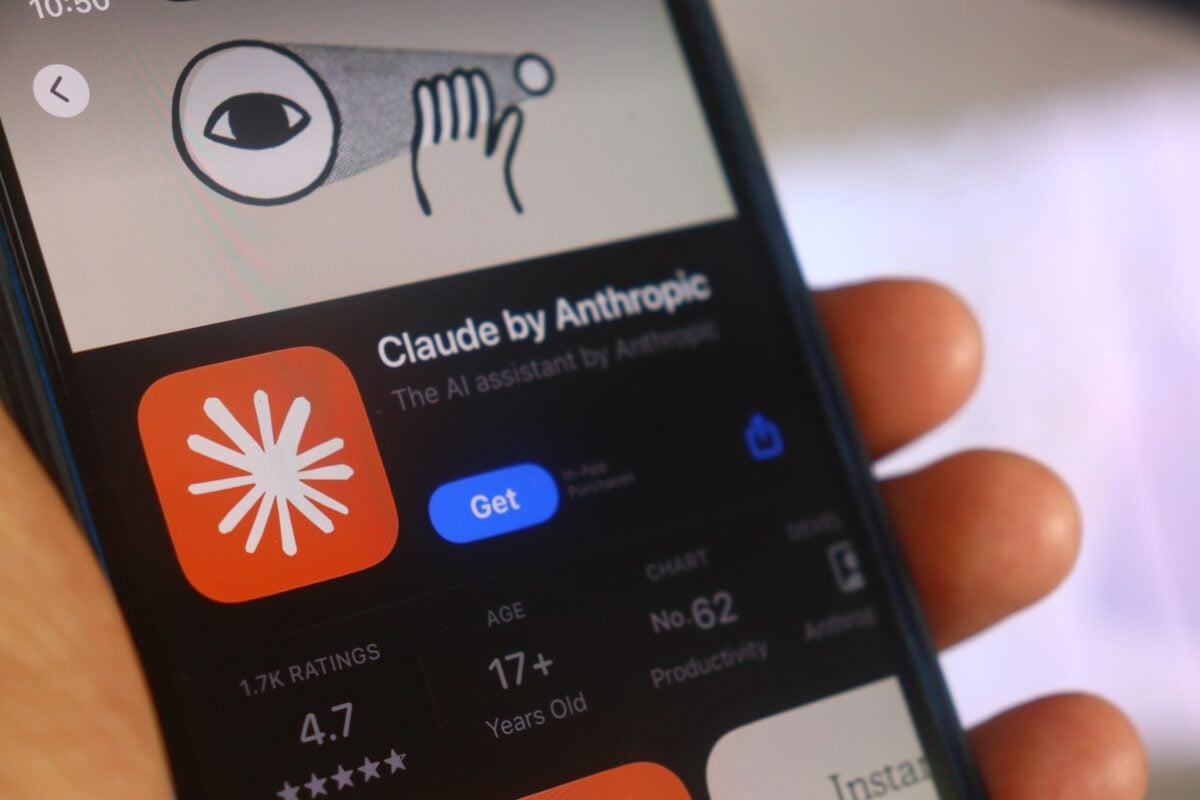TLDRs:
- Anthropic hires Rahul Patil as CTO, aiming to strengthen AI infrastructure and product engineering.
- Former Stripe CTO Patil takes over from Sam McCandlish, who becomes chief architect.
- Leadership reshuffle aligns product engineering closer to infrastructure and inference teams.
- Patil brings over 20 years of experience from Stripe, Oracle, Amazon, and Microsoft.
Anthropic, the AI research and development firm behind the Claude AI series, has appointed Rahul Patil, former Stripe CTO, as its new chief technical officer.
Patil officially joined the company earlier this week, taking over responsibilities previously held by co-founder Sam McCandlish, who transitions to the role of chief architect. Both leaders will report directly to Anthropic president Daniela Amodei.
In his new position, Patil will manage compute, infrastructure, and inference operations while also overseeing key engineering initiatives across the organization.
Congratulations Rahul Patil – CTO, Anthropic!
PES University is proud to celebrate the incredible journey of our alumnus, Rahul Patil, who has been appointed as the Chief Technology Officer at Anthropic, one of the world’s leading AI research companies.
Rahul’s story is one of… pic.twitter.com/vf8bGGg1UR
— PES University (@PESUniversity) October 3, 2025
Meanwhile, McCandlish will focus on pre-training and large-scale model development, continuing the work he began as co-founder and CTO. This strategic reshuffling is designed to strengthen Anthropic’s core technical team and streamline coordination between product engineering and infrastructure functions.
Infrastructure under growing pressure
Anthropic faces mounting challenges as AI labs across the industry pour billions into computing infrastructure. Meta, for example, has announced plans to spend $600 billion on U.S. infrastructure by 2028, while OpenAI has invested heavily through partnerships with Oracle and its Stargate project.
Although Anthropic’s infrastructure investments remain less public, the company must optimize for both performance and energy efficiency as demand for its Claude products increases.
Claude’s popularity has already tested Anthropic’s resources. Earlier this year, the firm introduced usage limits for Claude Code and other applications to manage high-demand users. These restrictions capped weekly usage for Sonnet between 240 and 480 hours, and for Opus 4 between 24 and 40 hours, demonstrating the growing strain on Anthropic’s AI infrastructure.
Patil brings deep technical expertise
Rahul Patil arrives at Anthropic with over 20 years of experience in engineering leadership. He spent five years in technical roles at Stripe, served as senior vice president for cloud infrastructure at Oracle, and held engineering positions at Amazon and Microsoft.
“Rahul brings a proven track record in building and scaling the kind of dependable infrastructure that businesses need,” said Daniela Amodei. “I couldn’t be more excited about what this means for strengthening Claude’s position as the leading intelligence platform for enterprises.”
Patil echoed this sentiment, expressing enthusiasm for joining Anthropic during a pivotal period in AI development.
“I’m thrilled to join Anthropic at this pivotal moment in AI development,” he said. “The work we are doing here feels like the most important work I could be doing right now, with real responsibility to ensure safe, scalable, and reliable AI for users worldwide.”
Strategic focus on product and AI growth
Anthropic’s recent infrastructure and leadership updates align with the company’s broader product roadmap. The launch of Claude Sonnet 4.5, its latest large language model last week, introduced enhanced coding benchmarks, extended context capabilities, and tools for managing complex agent tasks. Users can now execute code and generate files like spreadsheets or presentations directly within the Claude interface.
By reorganizing technical leadership, Anthropic aims to integrate product engineering more closely with infrastructure and inference teams, ensuring faster iteration and smoother deployment of AI models. This approach is expected to improve both performance and user experience while keeping Claude competitive against rival AI platforms.






